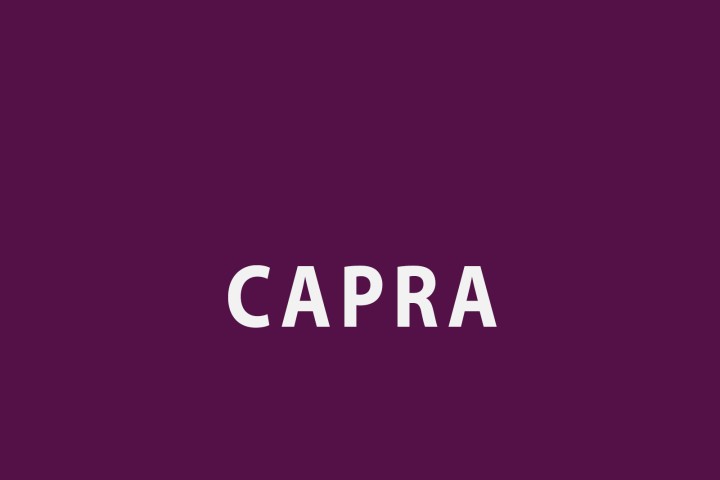CAPRA
Upgrading steel mill off gas to caproic acid and derivatives using anaerobic technology.

The CAPRA project aims at the development of an anaerobic biological process technology for the conversion of undistilled syngas fermentation products (ethanol and acetic acid) to a bio-oil of medium-chain carboxylic acids, that can serve as feedstock for the production of added-value chemicals with high market potential.
Context
Greenhouse gas (GHG) emissions from steel mills can be converted via syngas fermentation. The product of such a syngas fermentation is an ethanol/acetic acid mixture, and the overall goal is generally to maximize ethanol recovery. Ethanol, however, has a relatively low market value and its separation (by distillation) from diluted syngas fermentation broths is an energy intense and costly process. Mixtures of ethanol and acetic acid in syngas fermentation effluent could be further biologically converted and upgraded to medium-chain carboxylic acids (MCCAs) − such as caproic and caprylic acid − via chain elongation in a secondary anaerobic fermentation. These MCCAs can be also more easily recovered from the fermentation broth due to their low water solubility. This chain-elongation approach, which is the topic of the current project, has the potential to broaden the applicability of carbon capture and utilization, thereby creating added value from GHG emissions and decreasing these emissions.
Goal
This project aims at developing a mixed-culture reactor technology (TRL5) to elongate short-chain carboxylic acids into medium-chain carboxylic acids via the reverse β-oxidation pathway to valorize syngas fermentation effluent. Among the end products, n-caproic and n-caprylic acid are two desirable MCCA bioproducts, but they are characterised by high product 1 toxicities at mildly acidic pH values. In order to circumvent product toxicity and to obtain high-rate fermentation, the following conditions need to be created: 1) continuous removal of the produced carboxylic acids via in-line extraction; or 2) applying high dilution rates; or 3) maintaining a favorable pH for acid dissociation. The project therefore aims to define the best product extraction method, operational conditions and the required nutrient additions. It will allow the current project partners 1) to upgrade their syngas effluents, 2) to develop a new anaerobic reactor technology for biological chain elongation, 3) to scale up the developed reactor technology, and 4) to obtain and test CO2-based chemicals. A successful project will result in a new value chain from CO2 into products that can be embedded in the chemical industry in Flanders.